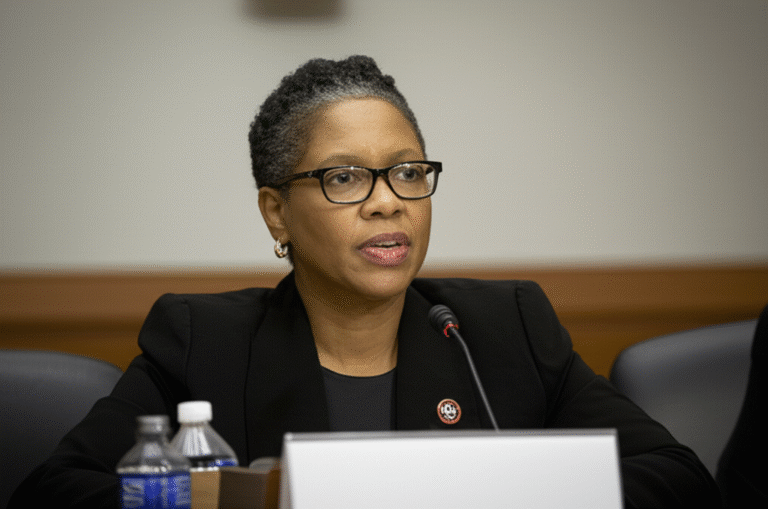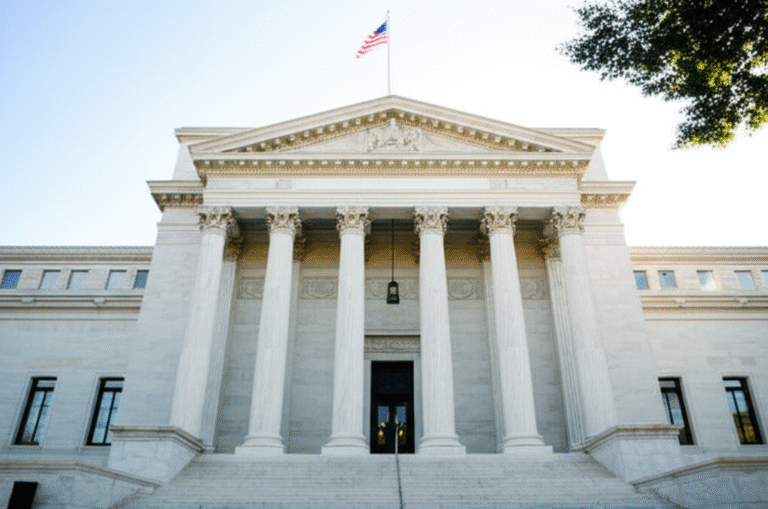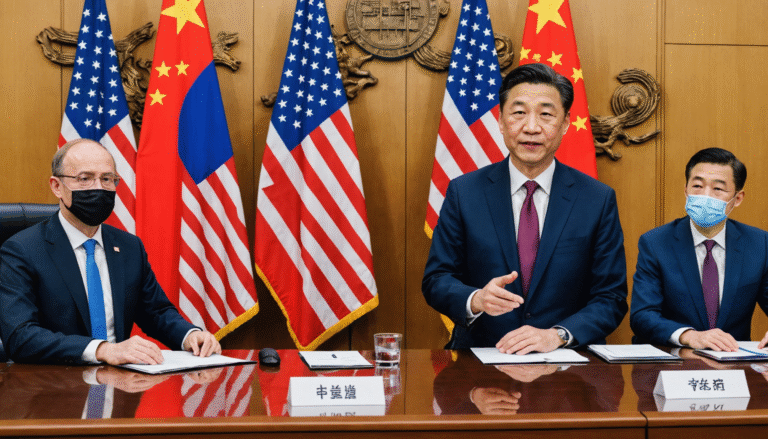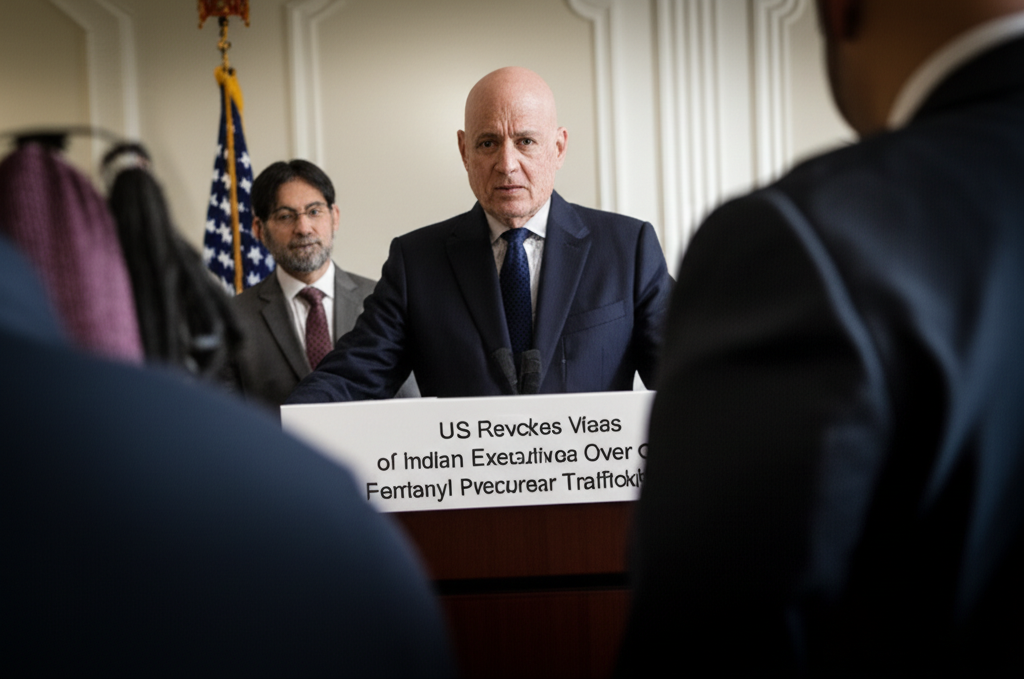
The United States government has taken significant action against individuals allegedly involved in the international drug trade, with the U.S. Embassy in New Delhi confirming the revocation and denial of visas for certain Indian business executives and their families. This measure, a direct form of a US visa revocation, stems from their purported connection to the trafficking of fentanyl precursors, which are chemical components used to manufacture the dangerous synthetic narcotic. The embassy underscored the gravity of the situation, stating that halting the flow of fentanyl and its precursors into the United States remains one of its highest priorities. This decisive step highlights a focused effort to disrupt the supply chains of illicit narcotics that pose a threat to public safety in the U.S. The American diplomatic mission also expressed appreciation for the collaboration received from its counterparts within the Government of India, acknowledging their close cooperation in addressing what was described as a shared challenge. This cooperative stance is seen as crucial in the global fight against illegal drug manufacturing and distribution. [Source]

Details of the Visa Action
The consequences for those implicated in the trafficking of fentanyl precursors are severe and extend beyond the primary individuals. The U.S. Embassy has made it clear that executives of companies accused of such activities will be subjected to increased visa scrutiny. This policy means that not only are current visas being revoked, but future applications are also likely to face significant hurdles or outright denial. The scope of this action is comprehensive, explicitly including the families of the accused executives, who also face visa denial and revocation. This approach is designed to apply broad pressure on those involved in the illicit trade. The embassy’s Charge d’affaires, Jorgan Andrews, provided a stern warning regarding the repercussions. He articulated a clear policy that individuals and the organizations they represent who are involved in the illegal production and trafficking of drugs destined for the United States will face tangible consequences. This includes their families, who may also be denied access to the country. The message is unequivocal: participation in the illicit drug economy will result in exclusion from the United States. This application of visa sanctions represents a powerful tool in the U.S. strategy to combat international narcotics operations at the corporate and individual levels.
Individuals and organizations involved in the illegal production and trafficking of drugs to the United States, along with their families, will face consequences that may include being denied access to the United States.
The implementation of this US visa revocation policy underscores a commitment to holding accountable anyone connected to the fentanyl supply chain. The focus on precursors is particularly strategic, aiming to disrupt the very beginning of the manufacturing process before the final product can be synthesized and distributed. The inclusion of family members in these sanctions is a significant escalation, indicating that the U.S. government perceives the threat as severe enough to warrant measures that impact the personal lives of those allegedly involved.
Presidential Directive and Global Context
The visa revocations in New Delhi did not occur in a vacuum. They followed shortly after a warning issued by President Donald Trump to countries implicated in widespread drug trafficking. In a formal Presidential Determination that was submitted to the U.S. Congress, a document known as the “Major’s List” identified nations that are either primary sources of illicit drugs or serve as important transit points for narcotics entering the United States. India was among the 23 nations named on this list, placing it in a category of countries receiving heightened attention from U.S. authorities regarding drug control. The comprehensive list of nations includes a wide array of countries from different regions, such as Afghanistan, The Bahamas, Bolivia, Burma, China, Colombia, Costa Rica, the Dominican Republic, Ecuador, Guatemala, Haiti, Honduras, India, Jamaica, Mexico, Nicaragua, and Pakistan, among others. President Trump’s submission carried a stern caution, emphasizing that these countries, through their roles in producing or facilitating the movement of illegal narcotics and the precursor chemicals needed to create them, present a danger to the safety of the United States and its residents. This presidential-level focus provides the high-level policy framework that underpins specific enforcement actions like the visa denials carried out by the embassy in India. The public identification of these countries is intended to pressure their governments to take more substantial action against drug traffickers operating within their borders.
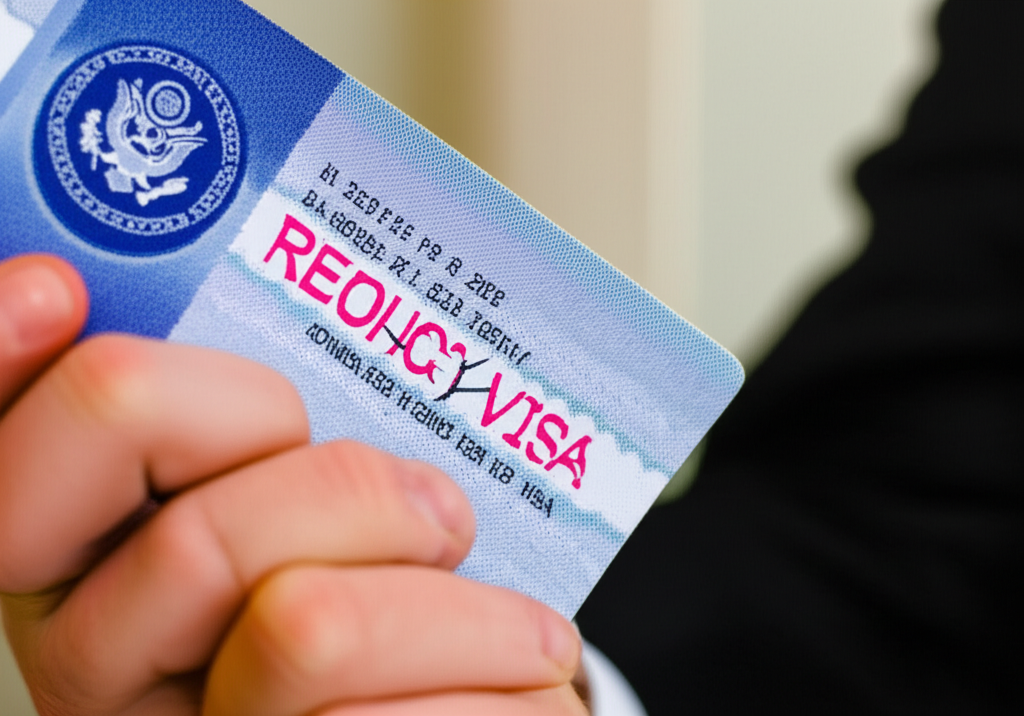
Key Points in the U.S. Action
- The United States revoked and denied visas for certain Indian business executives and their immediate families.
- This action was based on the executives’ alleged involvement in the trafficking of fentanyl precursor chemicals.
- India was officially named on a Presidential “Major’s List” of 23 countries considered major sources or transit hubs for illicit drugs.
- Executives from companies accused of trafficking will now face increased visa scrutiny from U.S. authorities.
- The U.S. government cited close cooperation with the Government of India in combating this shared challenge.
Focus on Precursor Chemicals and International Sources
A central element of this diplomatic and law enforcement action is the specific focus on fentanyl precursors. These are the raw chemical ingredients essential for synthesizing fentanyl, a potent and often lethal narcotic. By targeting the trafficking of these precursors, U.S. authorities aim to dismantle the drug production pipeline at its source. In the context of the recent US visa revocation, President Trump’s determination specifically singled out China, identifying the country as the world’s largest source of the precursor chemicals used in illicit fentanyl production. The statement claimed that Beijing’s reluctance to impose stricter controls on the export of these chemical compounds has directly contributed to a surge in fentanyl trafficking. This flow of chemicals is described as fueling production operations, which then move the finished drug through other countries, like Mexico, and ultimately into the United States. This accusation places significant responsibility on China’s export policies for exacerbating the fentanyl crisis. The actions against the Indian executives are therefore part of a wider, global strategy that seeks to disrupt every link in the chain, from the chemical suppliers in one country to the traffickers and distributors in another. The targeting of individuals in India suggests that U.S. intelligence has identified a transit or processing link in that country, connecting the source of the chemicals to the end market.
Background
The background for these recent visa revocations is rooted in the United States’ long-standing and escalating fight against the opioid crisis, with fentanyl being a primary driver of overdose deaths. The U.S. government has declared that stopping the flow of fentanyl is a top national security and public health priority. This has led to a multi-pronged approach that combines domestic law enforcement, public health initiatives, and international diplomacy. The Presidential Determination and the creation of the “Major’s List” are key diplomatic tools used to publicly identify and pressure countries that are deemed to be failing in their counternarcotics obligations. By including India on this list, the U.S. government formally signaled its concern about the country’s role as either a source or transit point for illegal drugs. Despite this, the U.S. Embassy’s statement also made a point to thank the Government of India for its cooperation, suggesting a dual strategy of applying pressure on specific illicit networks while maintaining a collaborative relationship with national authorities. This approach allows the U.S. to take direct action against individuals and companies, such as the Indian executives, while working through official government channels to address the broader problem.
What’s Next
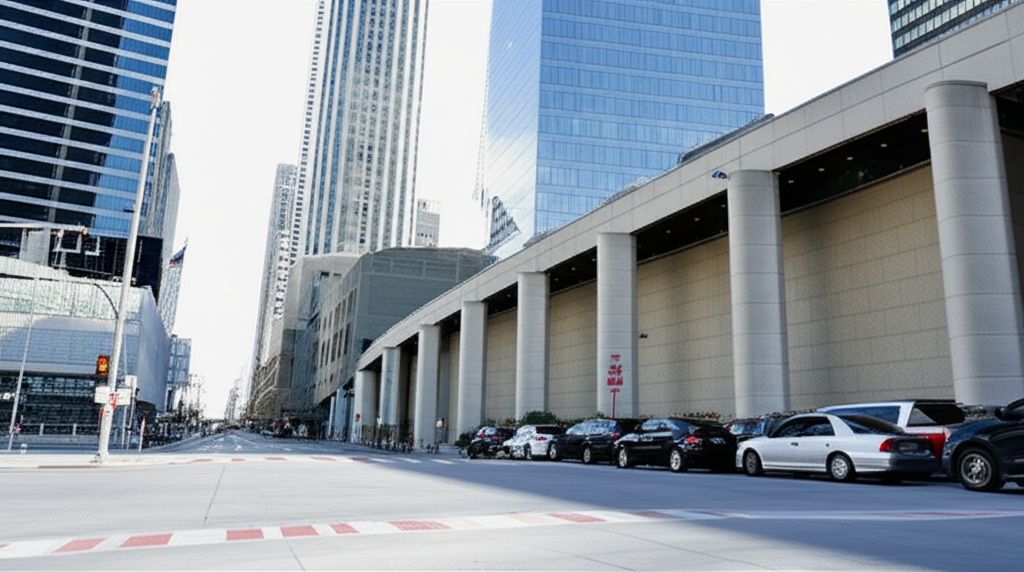
Looking forward, the U.S. Embassy has clearly outlined the next steps for individuals and companies associated with the fentanyl trade. The explicit warning of “increased visa scrutiny” for executives of any company accused of trafficking precursors serves as a deterrent for others in the chemical and pharmaceutical industries. This indicates that the recent revocations are not an isolated event but rather the beginning of a sustained campaign. The consequences, as articulated by Charge d’affaires Jorgan Andrews, will continue to be applied. Any individuals or organizations found to be involved in the illicit drug supply chain targeting the United States, along with their families, should expect to be denied access to the country. This policy of exclusion is likely to remain a key component of U.S. strategy. Furthermore, the emphasis on continued cooperation with the Government of India suggests that joint investigations and information sharing will be an ongoing priority. The “shared challenge” framework implies that both nations are expected to collaborate on dismantling these trafficking networks. For the 23 countries on the “Major’s List,” continued inclusion will likely mean ongoing scrutiny and the potential for further diplomatic or economic pressure from the United States to enhance their counternarcotics efforts.



